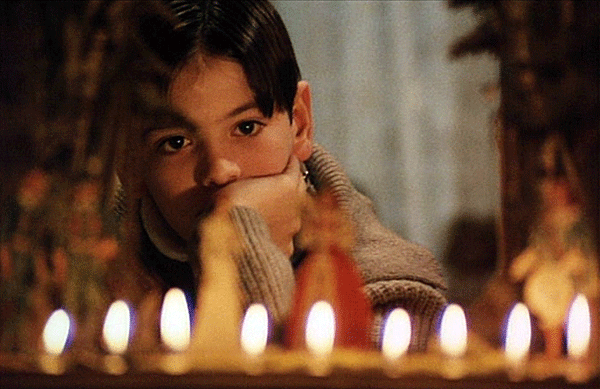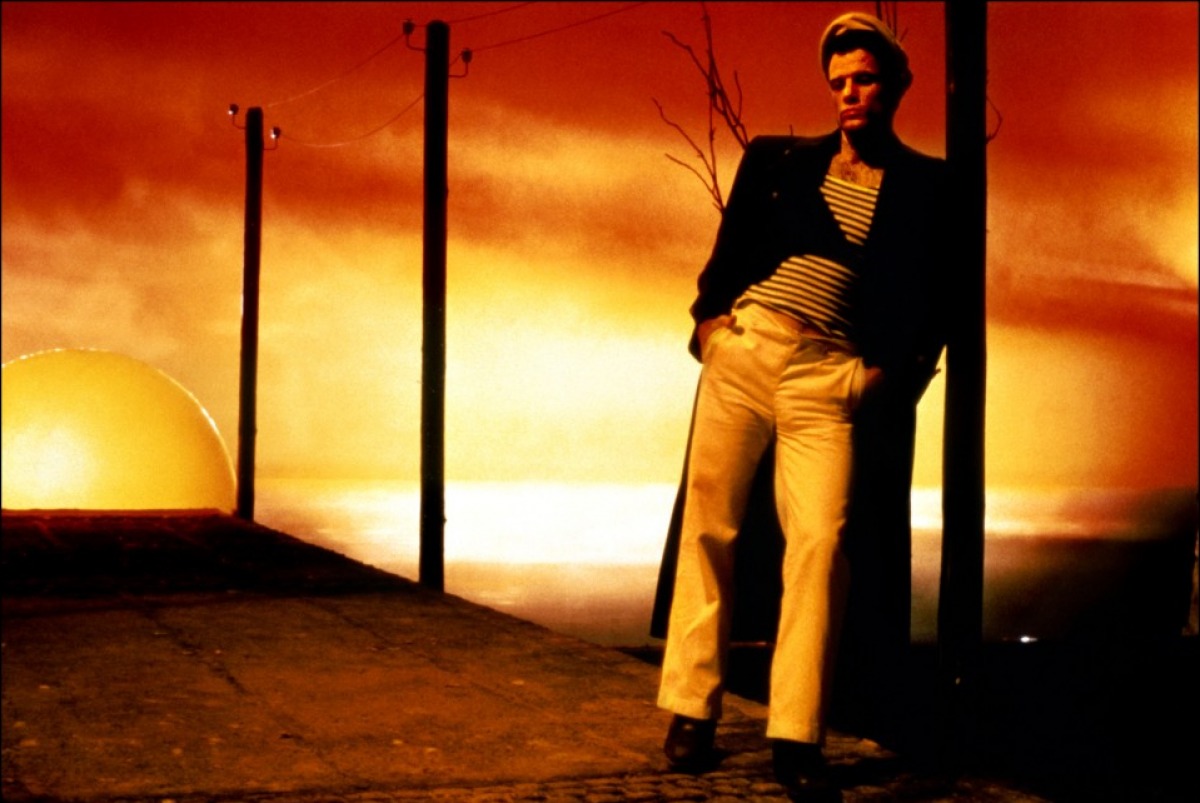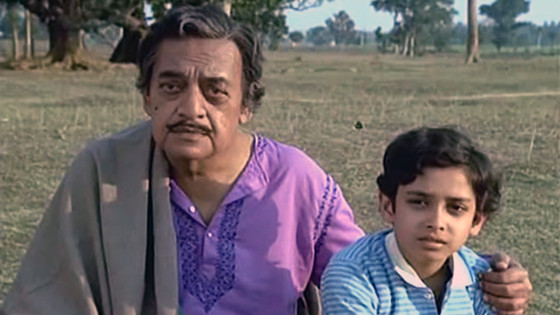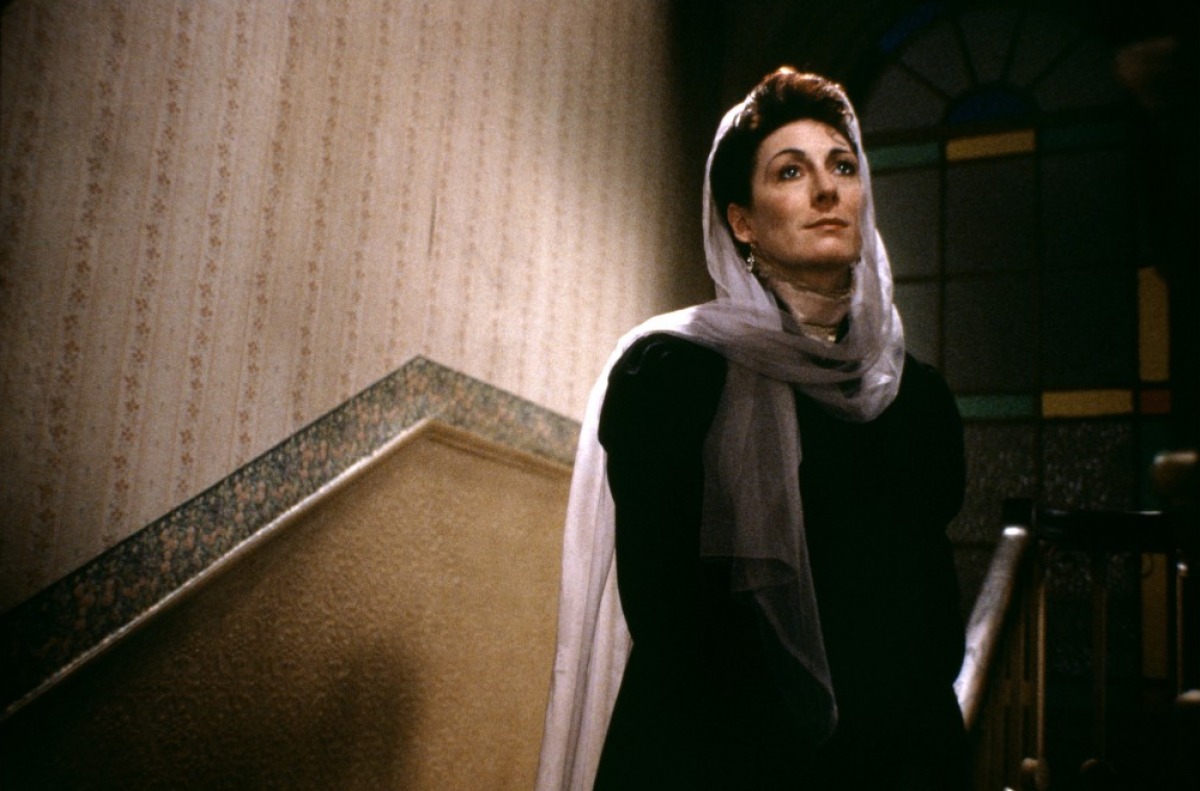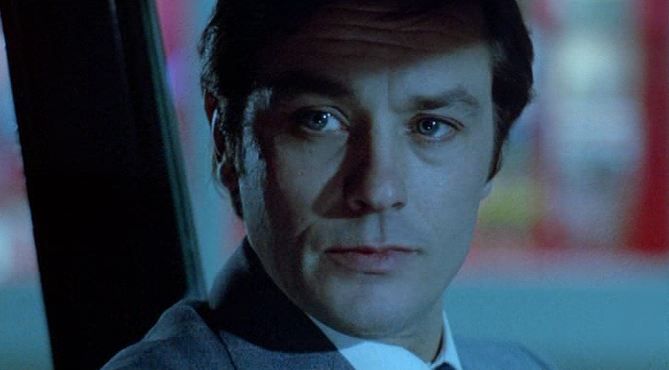A film director controls the artistic aspects of a film. He or she is responsible for guiding the members of the cast and crew and staying inside the film’s budget in order to successfully complete the film. A director is one of the most important people working towards that goal.
Many of the film makers mentioned on this list, literally worked up until the times of their deaths in order to complete their final offerings. Many names which do not even appear on this list, sadly, could not complete their final films, due to financial troubles or their untimely passing.
Writer’s Notes:
In this list, all directors who have directed less than three films have been excluded. This is done to honor the lifelong work of more prolific directors. Due to this fact, great films and their directors which have not been included are Charles Laughton’s noir classic The Night of the Hunter (1955), Dalton Trumbo’s surrealist, anti war film, Johnny Got His Gun (1971), Herk Harvey’s independent horror classic Carnival of Souls (1962), James William Guercio’s cult crime drama Electra Glide in Blue (1973), French director Jean Vigo’s romantic masterpiece L’Atalante (1934), Leonard Kastle’s unique cult romantic masterpiece The Honeymoon Killers (1969).
Fabián Bielinsky’s second and final neo noir feature, The Aura (2005), Rémy Belvaux’s cult black comedy Man Bites Dog (1992), and Jean-Claude Lauzon’s wonderfully weird Léolo (1992).
Also, for the purpose of this list, all TV movies have been excluded. So, John Frankenheimer’s war drama Path to War (2002) and Ingmar Bergman’s sequel to Scenes from a Marriage (1973), Saraband (2003), have not been considered.
30. Querelle (1982) by Rainer Werner Fassbinder (1945–1982)
One of the most important figures in the New German Cinema, Rainer Werner Fassbinder made 41 movies in 13 years before his death in 1982 at the age of 37.
He originally became part of the Munich theater scene in 1967. There he met many members of the crew and the actors who would later work alongside him in his film career. One of his major cinematic influences was the French New Wave cinema, particularly the works of Jean-Luc Godard. Fassbinder became noted for his work ethic and rapid working methods, which allowed him to make four or five films per year on extremely low budgets.
Fassbinder had deeply troubled relationships with his cast and crew. He rarely kept his professional and personal life separate, and was abusively emotionally and physically toward his lovers, who often starred in his films. This fact would often affect productions.
His last film concerns a Belgian sailor who arrives in Brest, a port city in France. Once there, he chooses to visit a strange whorehouse. The film performed very well and was among the first films with a strong gay theme to achieve such success. The picture premiered approximately six weeks after Fassbinder’s death.
29. Finally, Sunday! (1983) by François Truffaut (1932–1984)
One of the seminal figures of the French New Wave, Truffaut, like many of his fellow New Wave directors, started as a critic for the French film magazine Cahiers du cinema. After a decade plus working as a critic, he published a book length interview with director Alfred Hitchcock entitled Hitchcock/Truffaut.
He made his feature film debut, The 400 Blows (1959) on the heels of creating two short films. The 400 Blows was nominated for the 1960 best original screenplay Academy Award.
Finally, Sunday! or Confidentially Yours was Truffaut’s tribute to Alfred Hitchcock. In the film, a man is accused of murder. He and his secretary, who is not fully convinced he is innocent, go to great lengths in order to prove his innocence.The film was based on the novel The Long Saturday Night, by Charles Williams. Truffaut died at age 52, after being diagnosed with a brain tumor.
28. Agantuk aka The Stranger (1991) by Satyajit Ray (1921–1992)
India’s most renowned director, Satyajit Ray, created films which are known for their humanitarian values. The noted Japanese director Akira Kurosawa stated: “Not to have seen the cinema of Ray means existing in the world without seeing the sun or the moon.”
Ray started working for a British-run advertising agency in 1943, after completing his college economics studies and subsequently founded the Calcutta Film Society in 1947. In 1949, French director Jean Renoir came to Calcutta to shoot his film The River. Ray helped him to find locations in the countryside and told Renoir about his idea of filming what would become his debut feature, Pather Panchali. Renoir encouraged him to pursue the project.
In 1950, Ray journeyed to London for work purposes. During his three months in London, Ray watched 99 films. Among these films was the neorealist film Bicycle Thief (1948) directed by Vittorio De Sica, which had a profound impact on him.
Ray’s final film Agantuk translates to “The Stranger” and details the visit of a long-lost uncle who visits his niece and her family in Calcutta. This visit arouses suspicions within the group.
The film was based on one of Ray’s short stories and co-produced by French production houses DD Productions and Canal+. Ray was so ill during the production that he directed most of the film from an oxygen tent. He died on 23 April 1992 at the age of 70, a day after accepting his Honorary Academy Award.
27. Charlie Wilson’s War (2007) by Mike Nichols (1931–2014)
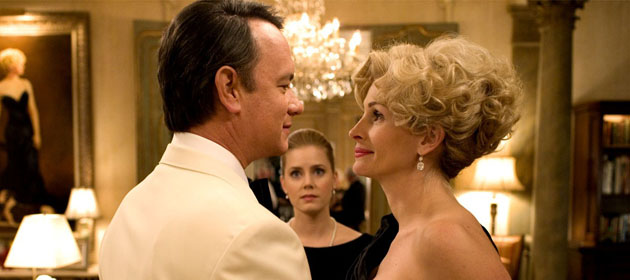
Nichols started his career with the troupe The Compass Players. He then found success as one half of ta comedy due with comedienne Elaine May. The pair was famous for their satirical plays and were later described by comedy historian Gerald Nachman as “perhaps the most ardently missed of all the satirical comedians of their era. When Nichols and May split up, they left no imitators, no descendants, no blueprints or footprints to follow. No one could touch them”
After this phase ended, Nichols went to Vancouver in order to work in the theater. After directing a series of successful plays on Broadway which help make him a multiple Tony winner, Warner Bros. invited Nichols to direct a screen adaptation of Edward Albee’s Who’s Afraid of Virginia Woolf?, starring Elizabeth Taylor and Richard Burton. His next directorial effort would be the coming-of-age drama The Graduate (1967).
Charlie Wilson’s War (2007), his last film, is a political drama about Texas congressman Charlie Wilson’s who tried to assist the Afghani rebels in their war with the Soviets.
Written by Aaron Sorkin, the film was criticized for its perceived happy ending. The original screenplay was considered to be drastically different from the final film. Mike Nichols died 7 years after the film’s release.
26. The Dead (1987) by John Huston (1906–1987)
A Hollywood rebel, John Huston had been an amateur boxer, reporter, writer, portrait artist in Paris and successful screenwriter. He made his directing debut The Maltese Falcon in 1941, and served as a documentary filmmaker during World War II.
He directed and wrote screenplays for a number of films which are now considered classics and is the only person to have ever directed a parent (Walter Huston) and a child (Anjelica Huston) to Academy Award wins. During his time in the army, he directed Let There Be Light (1946), the first film to deal with PTSD of soldiers.
He was also an innovator, not relying on post-production editing but instead creating his films while shooting. Known for his stylized and well chosen shots, He would sketch out scenes before shooting them, aided by his early experiences as a street painter in Paris.
Adapted from James Joyce’s classic short story, The Dead is a love letter to Ireland, The Dead takes place in Dublin in 1904 at a January holiday party given by two elderly sisters and their niece, which results in an epiphany for an attending couple.
It was a personal film for many reasons. It was a family collaboration for the director worked with his screenwriter son Tony (who was nominated for a best adapted screenplay Academy Award) and his actress daughter Anjelica. Also, Huston has embraced Irish citizenship and had a passion for classic Irish literature.
The director was at death’s door when the film was made. He was 80, confined to a wheelchair, had to intake oxygen at 20 minutes intervals due to emphysema and heart disease. He died four months before the film’s release date.
25. Lola Montès (1955) by Max Ophüls (1902–1957)
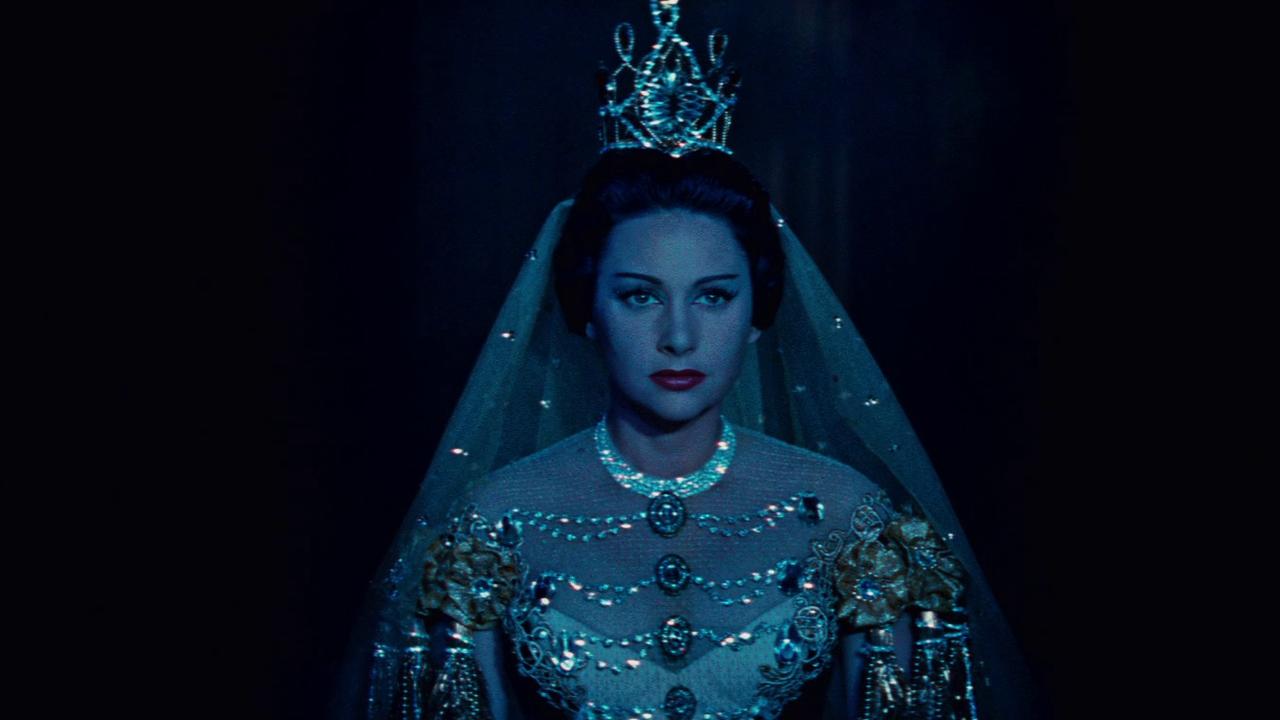
A German-born film director, Ophuls fled Nazi Germany for France then America before returning to France again and enjoying the most successful part of his career.
A few of his trademark devices include sweeping camera movements, complex crane sweeps and lengthy tracking shots. These methods would influence other filmmakers such as Stanley Kubrick and Paul Thomas Anderson. Another common feature found in his films is the concentration on the point of view of the major female characters.
Lola Montès was a 19th century dancer and performer who was famous for her affairs with celebrated and powerful men of including Hungarian composer Franz Liszt and Ludwig I, king of Bavaria.
The film was believed to have been lost in its original form for over 40 years before restored in 2008. Ophüls died from a heart attack, 2 years after the original release of the picture.
24. Un Flic aka The Cop (1972) by Jean-Pierre Melville (1917–1973)
A French director who adopted the name Melville as a tribute to Herman Melville, Melville is remembered for his crime movies. These films often starred Alain Delon. Melville was inspired by the look of American gangster and film noirs movies from the 1940’s and 50’s.
His films would be a huge influence on the French New Wave. This fact is why he is often referred to as the godfather of French New Wave. He also acted in a minor role in Godard’s classic Breathless (1960) and was the person who suggested to Goddard the use of the widely noted jump cuts.
His last feature is a typical Melville film about a bank robbery gone wrong and a cop, again played by Delon, who chases down the crooks. Melville wrote and directed the film.
